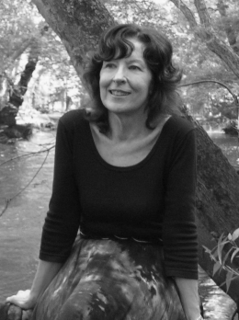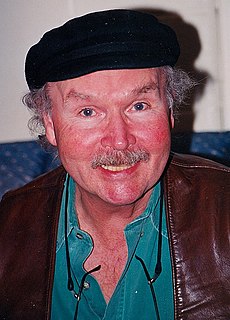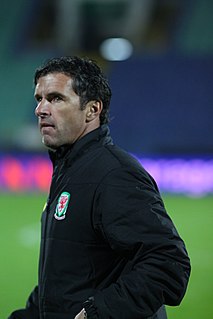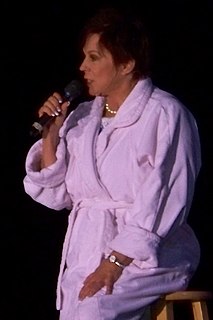A Quote by Sharon Kay Penman
My novels about medieval Wales were set in unexplored terrain; my readers did not know what lay around every bend in the road.
Related Quotes
In Pakistan, many of the young people read novels because in the novels, not just my novels but the novels of many other Pakistani writers, they encounter ideas, notions, ways of thinking about the world, thinking about their society that are different. And fiction functions in a countercultural way as it does in America and certainly as it did in the, you know, '60s.
Is It Unloving to Speak of Hell? If you were giving some friends directions to Denver and you knew that one road led there but a second road ended at a sharp cliff around a blind corner, would you talk only about the safe road? No. You would tell them about both, especially if you knew that the road to destruction was wider and more traveled. In fact, it would be terribly unloving not to warn them about that other road.
I respond very well to rules. If there are certain parameters it's much easier to do something really good. Especially when readers know what those are. They know what to expect and then you have to wrong-foot them. That is the trick of crime fiction. And readers come to crime and graphic novels wanting to be entertained, or disgusted.
Most people who live at the border or are familiar with the border know that a Berlin-like wall stretching from San Diego to Brownsville is not necessary. And the costs would be prohibitive. And there are places on the border, such as the Arizona desert or the open terrain around the Big Bend in South Texas, where Mother Nature has created her own barrier that is not easily passable. Or if you do pass through it, you are easily detected.
When you write about faith, people will be upset with you no matter what. I've heard from readers who were disgusted with the depiction of monotheistic religion. I've also heard from readers who were upset because my portrayal of faith did not adhere to their specific doctrines. Fortunately, I have high risk tolerance.






































